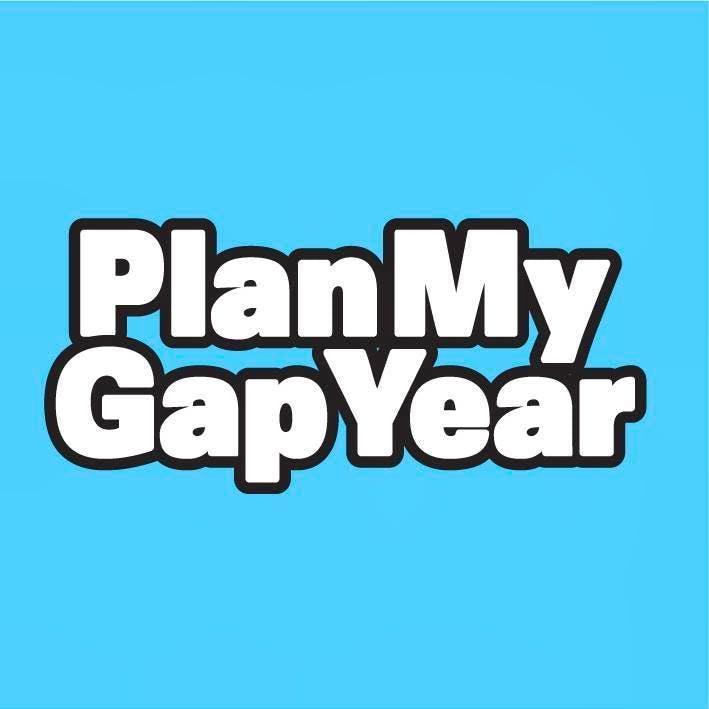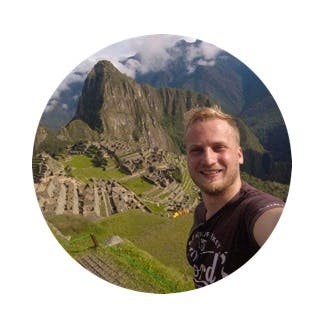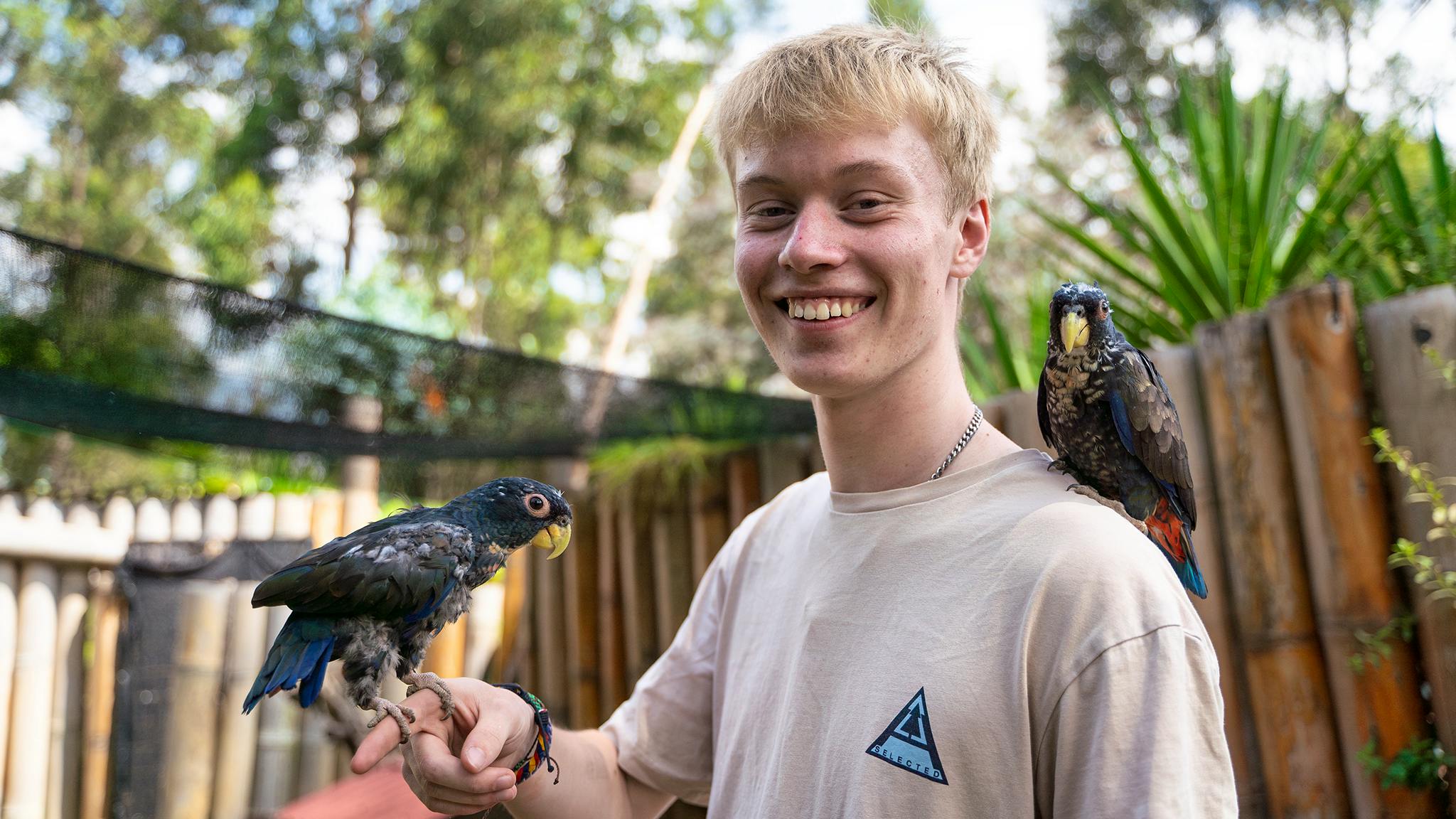As a bird rescue volunteer in Ecuador, you will get a hands-on experience with a variety of bird life from this amazing country. This is a fascinating and inspiring local initiative situated just outside of Quito that helps to promote education, respect, and love for all bird life. As a volunteer in Ecuador, you will help with the vital activities involved in the day-to-day running of this project all while learning about the challenges facing bird life within Ecuador.
BACKGROUND TO THE BIRD RESCUE PROGRAM
As in many South American countries, Ecuador is home to an abundance of wildlife with its tropical climate, diverse landscape, and abundance of rainforests. Traditionally there has been an abundance of birdlife flourishing in this ecosphere. However, due to several problems such as deforestation, poaching, and domestic care, birds now face a challenge to peacefully coexist with mankind. According to BirdLife International's update for 2012 of the IUCN red list of threatened species, close to 100 species of birds across the Amazon region are now at a greatly increased threat of extinction.
Parrots are among the most endangered and rapidly declining bird groups, with 28% of their species classified as threatened. Traditionally many families in South American countries have kept parrots and other wild birds as domestic pets and as a result, are continually removed from their natural habitat. Amazon parrots and macaws are preferred due to their attractiveness and ability to mimic the human voice. While it is now illegal to keep a wild bird as a pet, demand is still high in rural areas where over half of coastal communities keep pet parrots. The Ecuadorian Government is playing its part in the process, and it confiscated an average of 392 wild birds annually from 2003-2019. However, with a lack of care facilities, the government often relies on local initiatives to provide additional assistance with the long-term rehabilitation and care of these animals.
The lack of environmental education in Ecuadorian schools is also a barrier to reducing parrot ownership and capture. The main purpose of any environmental education strategy is to change people’s knowledge and attitudes, and ultimately behaviours. Alone, or in combination with other conservation interventions, environmental education projects can result in a decrease in the persecution of parrots and consequently an increase in population size.
Wild birds also face a challenge trying to live within an increasingly growing urban infrastructure in Quito. As the population rapidly grows this means their environment is being displaced at an alarming rate. Living so close to a human population often results in injury and ultimately a declining number of birdlife.
BIRD RESCUE VOLUNTEER PLACEMENT EXAMPLE
Jardin Alado – PMGY has teamed up with “The Garden of Birds” which is an inspiring project established by Paul Tufiño in 2013. This project helps to combat the environmental and social challenges facing birdlife across Quito and beyond. This is a non-governmental project that relies on external donations to help promote their goals of environmental education and the rehabilitation of birds of prey in Ecuador.
The project helps provide a safe sanctuary for birds who have often been kept as pets, mistreated, or injured in the wild. The ultimate aim is to release the birds back into the wildlife and to date, they have been successful by releasing 371 in total. Some birds have become too domesticated or have some physical or psychological damage that prevents them from ever being safely released. Therefore, these birds are well looked after at the project. The unique aspect of this project is it promotes a “cage-free” experience for birds to allow for a semi-free lifestyle.
The rescued birds are put under the care of the local staff at the bird sanctuary. As a volunteer in Ecuador, you will play a vital role in supporting the local staff. In the same vein, as an animal volunteer, you will work alongside the staff to complete core tasks at the project. Such tasks for Ecuador bird rescue volunteering include:
• Taking care of the birds
• Assisting with cleaning and general maintenance
• Support with feeding the animals
• Helping with any medical treatments required
• Assisting in any educational programs
• Help build new houses on-site
The project welcomes local visitors to help provide a revenue stream and promote education into the overall conservation and care of these species. Therefore, there is a big opportunity to connect with local guests and promote the overall aims and objectives of the bird project. Volunteer support and contributions are a big help to the project that otherwise can receive limited help. By choosing to work closely with this bird project in Ecuador, your support as a bird rescue volunteer will be much appreciated by those connected at the centre.
On a broader level, the sanctuary has a range of programs that you as an Ecuador bird rescue volunteer can support with. For example, educational campaigns at local schools and recovery projects for sick and mistreated birds. The centre is located approximately 1 hour and 10 minutes from downtown Quito and is one hectare in size. Other animals that live and are cared for on-site include butterflies, farm animals, llamas, and wild cats.
Our Ecuador bird rescue volunteering project allows volunteers and interns to experience their love of bird life during their time in Ecuador. Working at the centre of the project as part of your international volunteering, your daily tasks will make a positive contribution. Moreover, the care and wellbeing these rescued birds receive will greatly improve.
OTHER THINGS TO CONSIDER VOLUNTEERING IN ECUADOR
Spanish Requirements - For the bird rescue program in Ecuador, we recommend that you speak a reasonable level of Spanish prior to your trip. There are no specific language requirements in order to join the program and you can join as an absolute beginner. However, we find that the ability to speak a good level of the Spanish language and a passion to learn more will greatly enhance your overall experience. This is because English is generally not widely spoken and therefore our programs should be viewed as a broader language immersion experience. If you do not speak a reasonable level of Spanish then you will find it difficult to communicate. As a result, this could lead to a more frustrating experience.
PMGY also offer Online Spanish Lessons that you can take before your trip. The lessons provide you with the opportunity to receive one-on-one classes from a trained Spanish teacher. Classes are held via Zoom and can be worked around your schedule back in your home country.
We also offer a learn Spanish in Ecuador program which you can take part in prior to your volunteer placement. This provides you with 20 hours-per-week of group Spanish lessons. Both of these options can be added during our online application process. They are highly recommended if you want to make the most of your volunteer placement.
Once you are in-country then you are also able to organise additional Spanish lessons directly with our local team. Volunteer feedback suggests that it can often be tiring to complete Spanish lessons at the same time as your volunteer programs in Ecuador. Consequently, we generally recommend extending your Language Immersion Program.
Project Requirements - Ecuador is definitely a destination that needs your time. The projects that you are joining will be schools, nurseries and hospitals. They require your project commitment and as a result, all participants are expected at the project Monday-Friday. Some projects are walking distance and other projects will require public transportation.
There is an option to miss a maximum of 3 days and go to the Amazon or the Galapagos Islands. However, this will need to be arranged in advance. If volunteers are ill, this will require notification in the morning. Furthermore, the request from the project is that they are provided with a doctors note. The team will explain further the expectation of the coordinators and projects during orientation.
Weekends - Your project work in Ecuador runs from Monday-Friday and weekends are free. You are welcome to relax and hang out at the volunteer accommodation but most participants will use this time to travel and explore the country. As a result, you can check out our Ecuador Weekend Travel Guide for top tips on how to spend your weekend.







 4.9
4.9













